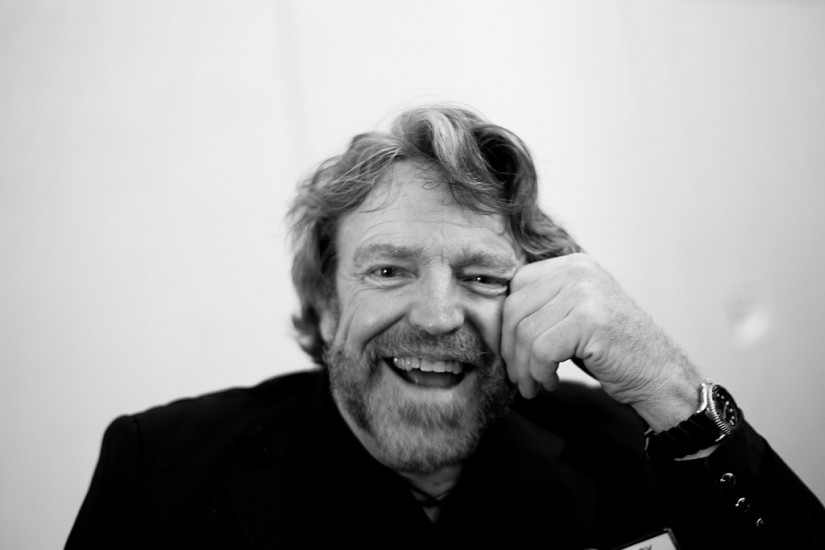I’m not sure how Barlow became interested in technology—maybe it was just his highly tuned zeitgeist antenna. Somehow he wound up at a Hackers Conference in 1989, where I met him. As a sometimes Deadhead, I had a fan-boy attraction to someone who was part of the family. But he was keenly interested in the world of hackers and we spoke endlessly about that. A few weeks later, when I scored a couple of tickets to the Bay Bridge World Series, I offered one to him. Twenty minutes before the starting time, the Earth shook—the Loma Prieta earthquake. It wasn’t until well after midnight that we found a working telephone to report ourselves alive to our respective wives.
Over the next few years, I watched with fascination as Barlow became a leading voice in technology. With no engineering experience whatsoever, he became a great explainer, turning his gift for bullshit into a force for comprehension. He could hang around a bunch of cryptographers for a while and two weeks later explain public key crypto (pretty much) to a room of bankers, diplomats, and corporate managers. Even more important, he grasped the soul of the technology, whether the transporting aspects of virtual reality or the glorious disruptiveness of friction-free distribution. In this current era of digital remorse, his Panglossian take on the net is sometimes mocked. But as he explained to Andy Greenberg a couple of years ago, he was all too aware that the possibilities he celebrated would be the artifacts of an ideal outcome, a scenario worth working for. One still worth dreaming about.
During the 1990s, Barlow worked his way into the center of big tech discussions, both through his writing and his activism. He convinced software entrepreneur Mitch Kapor to fund the EFF—a foundation devoted to preserving digital human rights that forged an admirable legacy over the next few decades. He became pals with Tim Leary. Barlow also found soulmates in the Clinton White House and the NSA. When one friend accused him of liking Air Force Two a little too much (yes, Al Gore was a Deadhead) Barlow professed to be hurt, and then admitted there was more than a little truth to that. Naturally, his epic manifesto of the digital age, “A Declaration of Independence for Cyberspace” was banged out on a keyboard during a World Economic Forum.
